Moving from #metoo to #thisendsnow
Creating an environment at rehearsal where the actors feel safe to explore potentially dangerous play is a top priority for me as a director. If I fail to establish such an environment, I know the actors will limit themselves in exploration and discovery in rehearsal.
A few weeks ago, I started rehearsals for a production of Romeo and Juliet. This is a production with all college students, so I started the first day giving them an overview of my expectations as a director, and specifically offering them some thoughts on tools for self-care when balancing the rehearsal process with real-life demands. I call this, “TLC for the Rehearsal Process and Beyond.”
Due to the required fights skills necessary to pull off a production of Romeo and Juliet, as well as the intimate nature of some of the scenes, I requested a few extra days at the beginning of the rehearsal calendar for some specific ensemble training. I used this time to have all members of the cast – not just the actors who would fight on stage - train in sword fighting with an SAFD certified teacher. I also trained the entire cast in TIE's system for staging intimacy. Although not all the actors are fighting or staging scenes with intimacy, I thought it was best to give all members of the ensemble an opportunity to experience and practice these skills, in the hope it would establish guidelines for safety, create a common vocabulary, and expand the learning opportunities the show provides to student actors in all roles.
In the time since we began rehearsal, I have perceived a positive sense of camaraderie in the room, and the cast has not shied away from asking hard questions: the rehearsal room feels like a safe place. I was curious if in fact this was the cast's perspective as well; and, if so, what had I done has a director to help establish this feeling? So, I took a voluntary, anonymous survey of the cast. I asked, “How has the director established a safe environment in the rehearsal space?” All of the actors surveyed responded with the same initial sentiment:
PROVIDING GUIDELINES FOR STAGING INTIMACY WAS THE REASON THEY FELT MOST SAFE IN THE ROOM.
They felt the TIE work gave everyone the professional tools needed to establish boundaries, and taught them a respectable way to talk about their bodies and that of their fellow actor's as a professional.
Another common response was the effectiveness of including all actors in the training for stage combat. The performers felt that by including the entire team, everyone continued to build a common language for safety, and understood the importance of taking things slow while allowing the rehearsal process to build the pace.
The survey was presented to the actors before the Weinstein scandal appeared in the media. In light of those vents, I find it interesting that it wasn’t the learning of the physical skills necessary to perform stage intimacy and combat that made the actors feel they were in a safe environment, but rather learning how to talk about safety, being able to establish boundaries, understanding body positive communication, and establishing as a regular practice how to give and receive consent. At this time, when we need to ask ourselves how to move beyond the inspiring #metoo phenomenon towards a #thisendsnow campaign of action, what these students learned are not only skills for rehearsal, but skills for life. I see the students carrying these healthy practices into their classroom work, and in their respect for one another outside of class.
If we can inspire students to establish these safe practices when it comes to intimacy in the theaters, rehearsal rooms, and the hallways of our training institutions, it will not be long before these safe practices become the norm of the studios and theaters of the most established producing organizations in the world. Creating a safe process for the industry can start with just one rehearsal and actors eager to learn.

